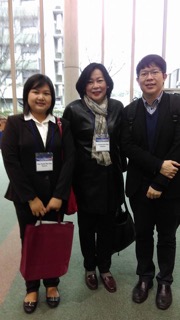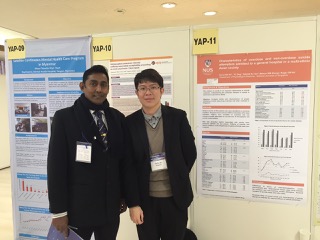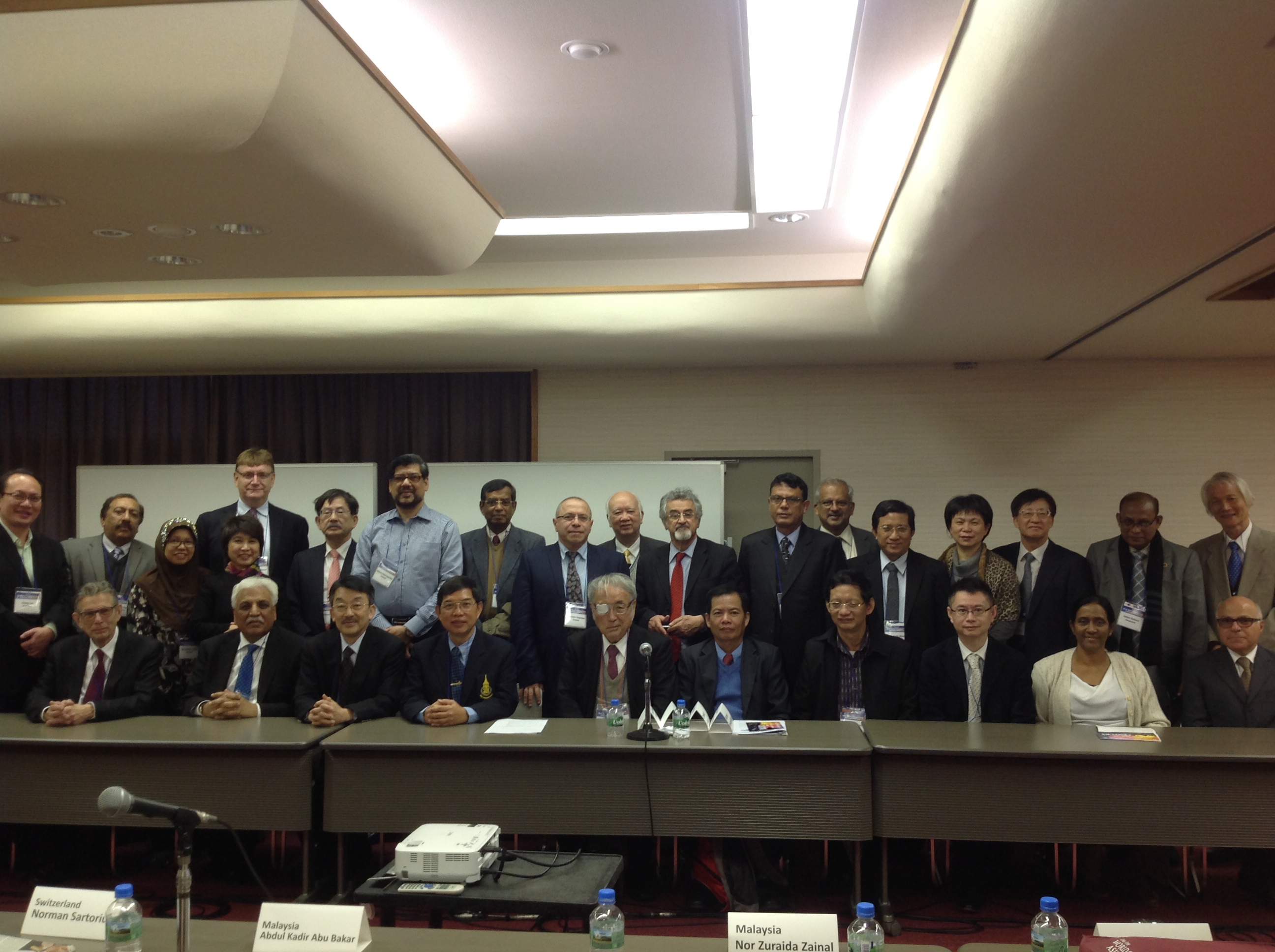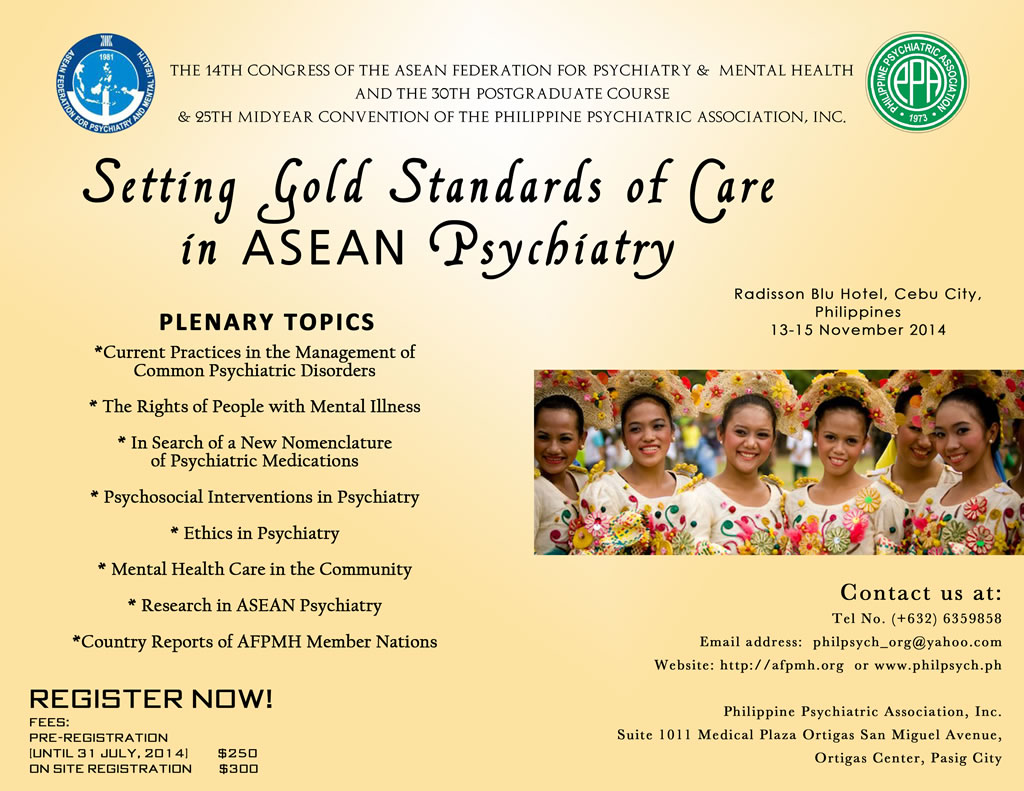The Singapore Psychiatric Association had very kindly supported our nominations to attend the 5th World Congress of Asian Psychiatry (WCAP) held in Fukuoka, Japan from 3rd to 6th March 2015. Being the official congress of the Asian Federation of Psychiatric Associations (AFPA), we were indeed privileged to have been awarded the Young Psychiatrist Award (YAP) to attend this conference.
The theme for this meeting – “Trend and Innovation of Psychiatry in Asia”, emphasized the compelling need to work together in spite of diversity in the field of mental health in Asia. True to its intentions, the conference brought together psychiatrists from all over Asia, as well as several international experts, for the purpose of exchanging and promoting ideas for the implementation of psychiatric services and programs in Asia. The organizing committee was able to organize a tour of the Kyushu University Hospital, which was indeed an exciting and enlightening experience. As YAP awardees, we also had the opportunity to interact with young psychiatrists from other Asian countries, both developed and developing, and this gave us valuable insights into psychiatric practices overseas. It was definitely heartening to know that Singapore was one of the frontrunners in provision of mental health care in the region.
The conference covered a vast breadth of topics ranging from gender identity disorder to public health approaches in mental health care. What we found particularly edifying were the seminars on “Trends in Psychiatry in the 21st century”. Both the expert speaker, Professor Norman Sartorius, and the AFPA President, Professor Pichet Udomratn, expounded on physical health issues in patients with severe mental illness, as well as “megatrends” (specifically, the aging population; digital psychiatry; urbanization and migrant workers’ health; and disaster psychiatry) influencing future psychiatric practices in Asia. We were also privileged to meet the esteemed Professor Sartorius, President of the Association for the Improvement of Mental Health Programmes (AMH), for a discussion on developing services for people with mental illness and their carers. Here, he introduced the concept of a “balanced care model” which highlights the importance of developing different services so as to provide mental health care to meet the needs of different types of patients in different settings. In this model, the needs of caregivers are also taken into consideration, and this may involve setting aside resources to provide subsidized respite care and other support services.
Overall, the conference was fruitful and expanded our minds by allowing us to gain new perspectives on mental health issues, particularly in Asia. Personally, we have also forged new friendships which will hopefully translate into international collaborations in future. We certainly look forward to the next WCAP conference.
Dr Charmaine Tang, Dr Wan Yimin, Dr Ho Su Hui
Members of the Singapore Psychiatric Association
10th March 2015




